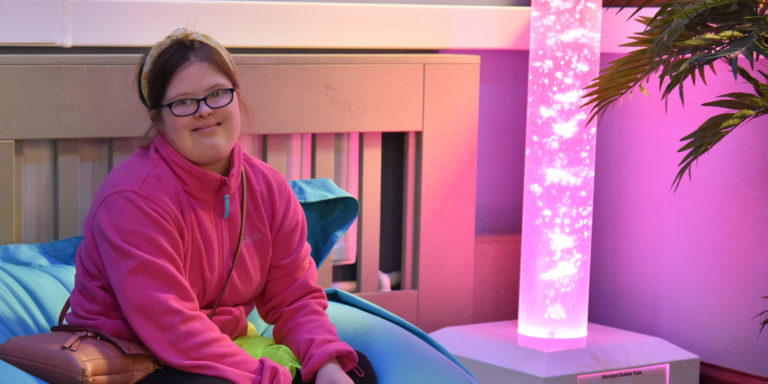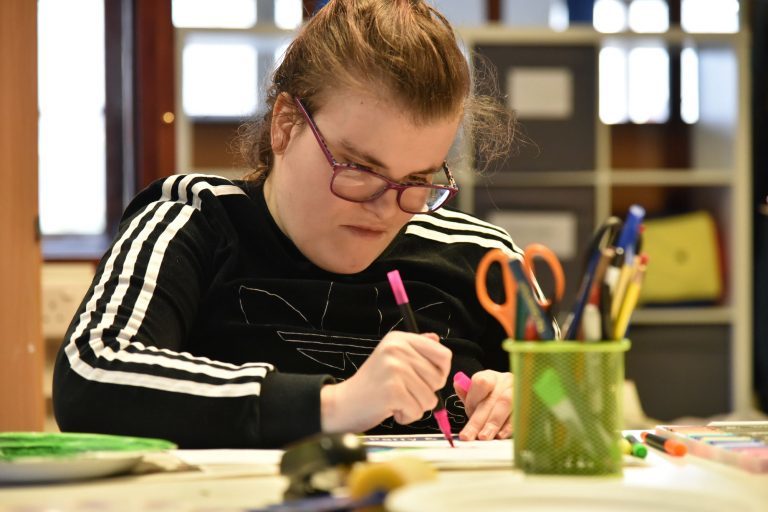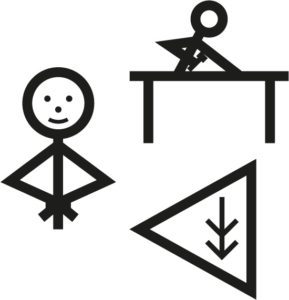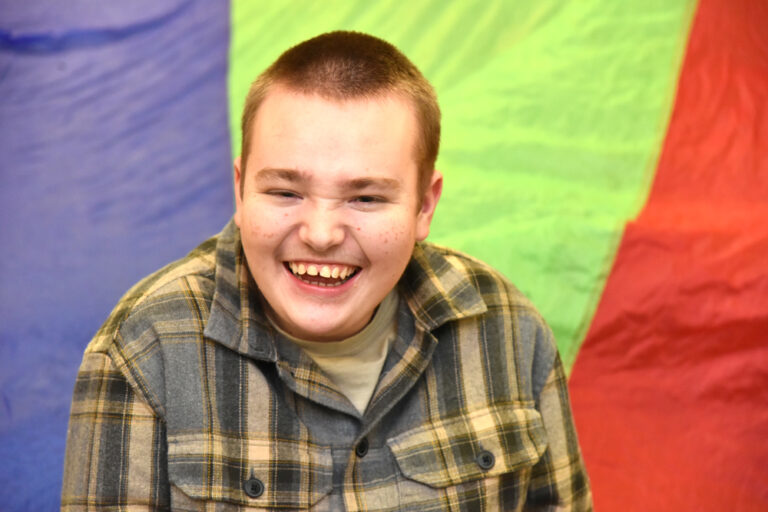Learning for Life has been specially designed for young people who may not be ready for a full-time vocational pathway.

The Learning for Life (LfL) programme is a fun and bespoke curriculum, tailored to meet the needs of individual learners who require that little bit of extra support.
Students accessing the Learning for Life pathway could need additional support with communication, personal development, interaction, teamwork, problem solving or self-regulation skills.
Developing key skills
This bespoke, fun, programme provides learners with additional support around key skills, which might include:
 Personal Development
Personal Development- Communication
- Interacting with others
- Making positive choices
- Problem solving
- Self-regulation
- Fine and gross motor skill development
- Sensory development
Additionally, Functional Skills (maths, ICT and English) are embedded into every aspect of the LfL pathway.
Learners take part in PSHE sessions which are appropriate to their needs, and which cover topics including:
- Online safety
- Rights and cultures
- Relationships
- Drugs
- Alcohol awareness
- Moving On
In addition to these skills, students also work on their independence skills, which can include travel training, skills in the home and skills in the community.
Progress as an Learning for Life student
In their second year of the LfL programme, students will progress to a link vocational pathway of their choice. This will involve spending more time in their link pathway to learn key work skills.
In year three, students will have a main vocational pathway, where they will spend the majority of their time and Learning for Life will become a link pathway.
Typical outcomes
- Core development of softer skills to support lifelong learning, including communication, interaction and positive choices.
- Possible progress towards a vocational pathway.
- Vocational qualification up to Entry Level 2 (if appropriate)
Possible next steps after college
- Voluntary work
- Local college or training programme
- Supported living


